Highlight Of Kanu Nwankwo’s Career As The Super Eagles Legend Clocks 43 Today
Nwankwo Kanu, who was born on the 1st of August, 1976 clocked 43 today. Happy Birthday to the Super Eagles Legend.
The Super Eagles legend is better known simply as Kanu or Papilo from a popular TV ad, is a retired footballer and former captain of the Nigerian national team.
Kanu is a Nigerian retired footballer who played as a forward. He was a member of the Nigerian national team. Kanu is a native of Abia State, southeast Nigeria, and a member of the Aro sub-group of the Igbo ethnic group. Nwankwo means “Child born on Nkwo market day” in the Igbo language.
He also most notably played for Ajax, Inter Milan, and English Premier League club Arsenal.
Kanu is regarded as one of the best players in African football history having won two African Player of the Year awards, the UEFA Champions League, UEFA Cup, Premier League, three FA Cup Winners Medals and two African Player of the Year awards amongst others.
He is one of few players to have won the Premier League, FA Cup, Champions League, UEFA Cup and an Olympic Gold Medal.
He made the third-most substitute appearances in Premier League history, appearing from the bench 118 times, and is regarded as one of the best players in African football history.
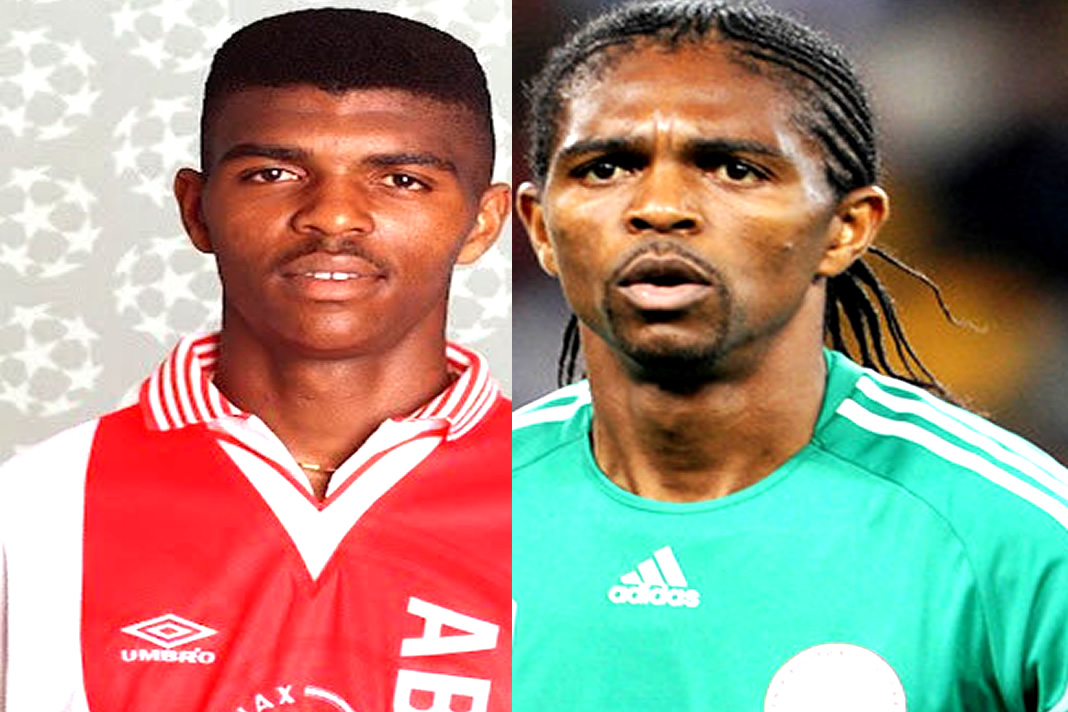 He is also a UNICEF Goodwill Ambassador, and African brand ambassador for digital TV operator StarTimes.
He is also a UNICEF Goodwill Ambassador, and African brand ambassador for digital TV operator StarTimes.
He is also the owner of Kanu Sports TV, an Internet Sports Television which position to be the first indigenous sports TV in Nigeria, Kanu Sports Television
Nigerian Ndidi, Iheanacho Nominated For Leicester Best Player Award
Early Life and Career
Kanu is originally from Arochukwu in Abia State.
He began playing semi-professional football at the young age of 15 at a local club side called Federation Works before moving to the more established Iwuanyanwu Nationale.
His performances caught the eyes of the Football Federation and Kanu was selected to represent his country at the 1993 FIFA Under 17 World Championships where his performances further got the attention of elite European clubs.
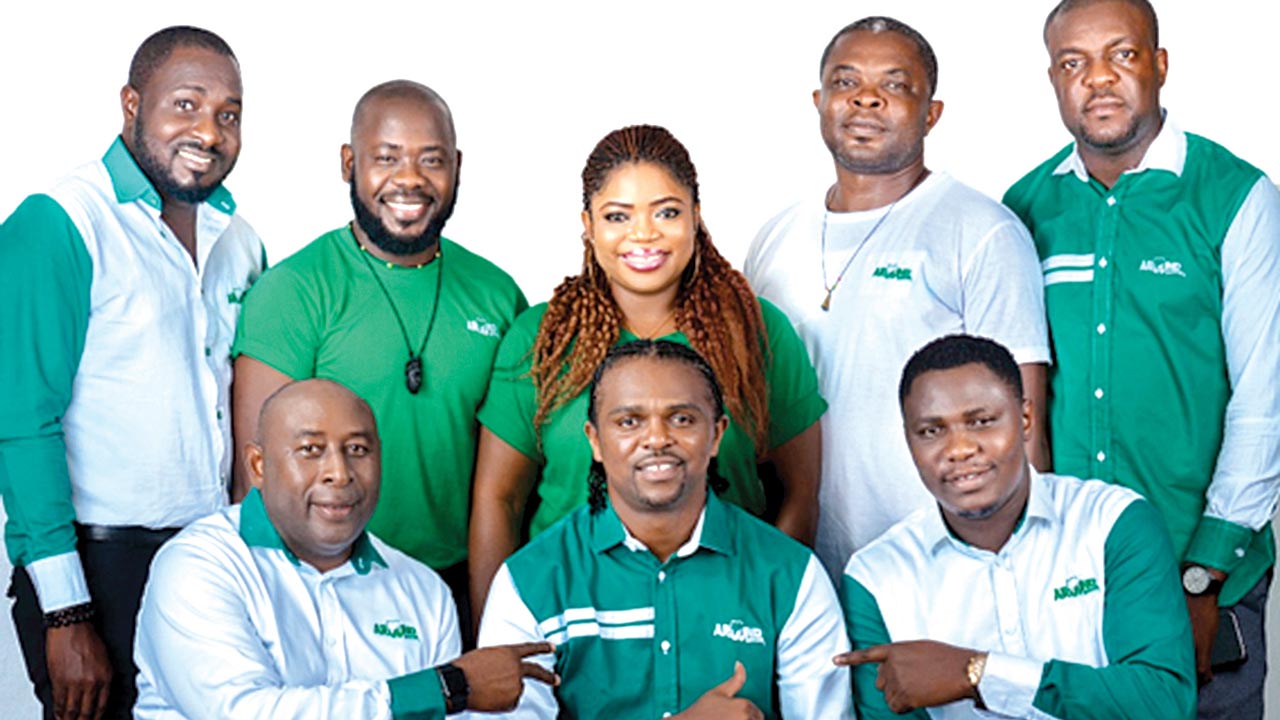 After the tournament, Ajax made a play for Kanu’s signature and was successful. He signed on for the Dutch side and made his debut a year later in 1994, averaging a goal in every other game. He also made a substitute appearance in the 1994 Champions League final against AC Milan in which his team won.
After the tournament, Ajax made a play for Kanu’s signature and was successful. He signed on for the Dutch side and made his debut a year later in 1994, averaging a goal in every other game. He also made a substitute appearance in the 1994 Champions League final against AC Milan in which his team won.
In 1996, after a series of heroic performances alongside players like Jay-Jay Okocha and Daniel Amokachi with the Nigerian team that won gold in the Olympic Gold in Atlanta, he signed for Inter Milan. For his efforts at the Olympics, Kanu was named 1996 African Footballer of the Year.
A disappointing spell in Italy followed his earlier remarkable achievements with Kanu just making twelve appearances and scoring one goal throughout his time at the San Siro.
It did not help that a serious heart defect which needed immediate surgery to replace an aortic valve was discovered during his medical examination at the club.
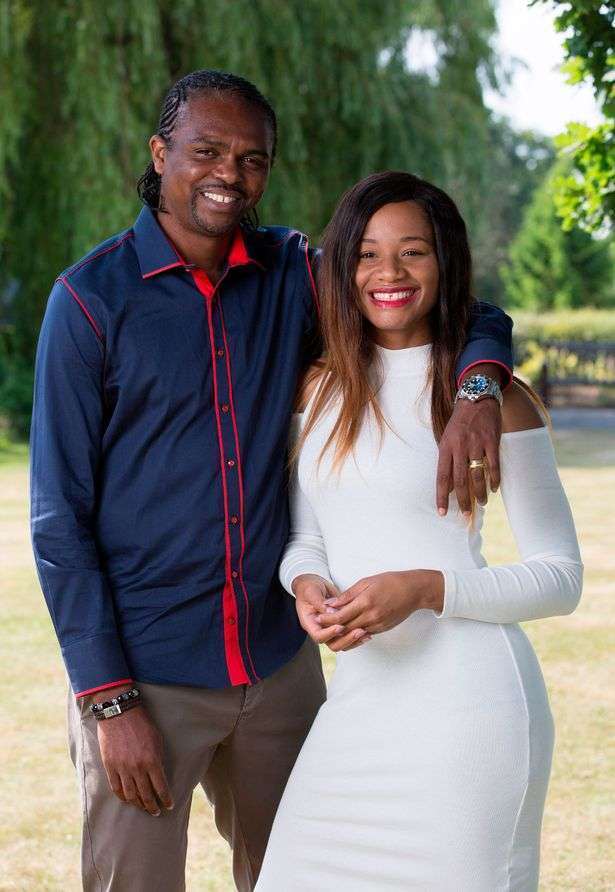 Kanu signed for Arsenal in 1999 and was able to revive his career. At Arsenal, Kanu was known for his goal-scoring prowess as a substitute. He became very popular among fans of the club for his two-fingered salute that was based on the team’s nickname, The Gunners.
Kanu signed for Arsenal in 1999 and was able to revive his career. At Arsenal, Kanu was known for his goal-scoring prowess as a substitute. He became very popular among fans of the club for his two-fingered salute that was based on the team’s nickname, The Gunners.
He was again named African Footballer of the Year in 1999. While at Arsenal, he won the FA Cup in 2003 and the Premier League title in 2004. He played 197 games for the club, scoring 44 goals along the way. Along with other famous players, such as Thierry Henry and Robert Pirès, Kanu was a member of the “Invincibles”, the Arsenal side that finished the 2003–04 Premier League season undefeated.
EPL: WHAT MESUT OZIL SAID AFTER ARSENAL’S 2-0 WIN OVER NEWCASTLE UNITED
Kanu has been voted by fans as the 13th “Gunners’ Greatest 50 Players”.
In the summer of 2004, after his contract with Arsenal ended, Kanu moved to West Bromwich Albion on a free transfer and became a regular in the starting eleven. He helped the club maintain its Premier League status for a few years before it got
relegated at the end of the 2005-06 season.
Kanu made a total of fifty-eight appearances for the club, scoring nine goals. Kanu’s next challenge was at Portsmouth.
He joined the club on a free transfer and immediately made his way into the first team, finishing the season as the club’s top goalscorer with 12 goals.
The following season, he scored the only goals in both the FA Cup semi-final against former club West Brom and the final against Cardiff City, to earn himself a third FA Cup winner’s medal. Kanu was meanwhile a member of the Nigerian national team from 1994 to 2010. In addition to winning Olympic Gold, he participated in the 1998 and 2002 FIFA World Cups.
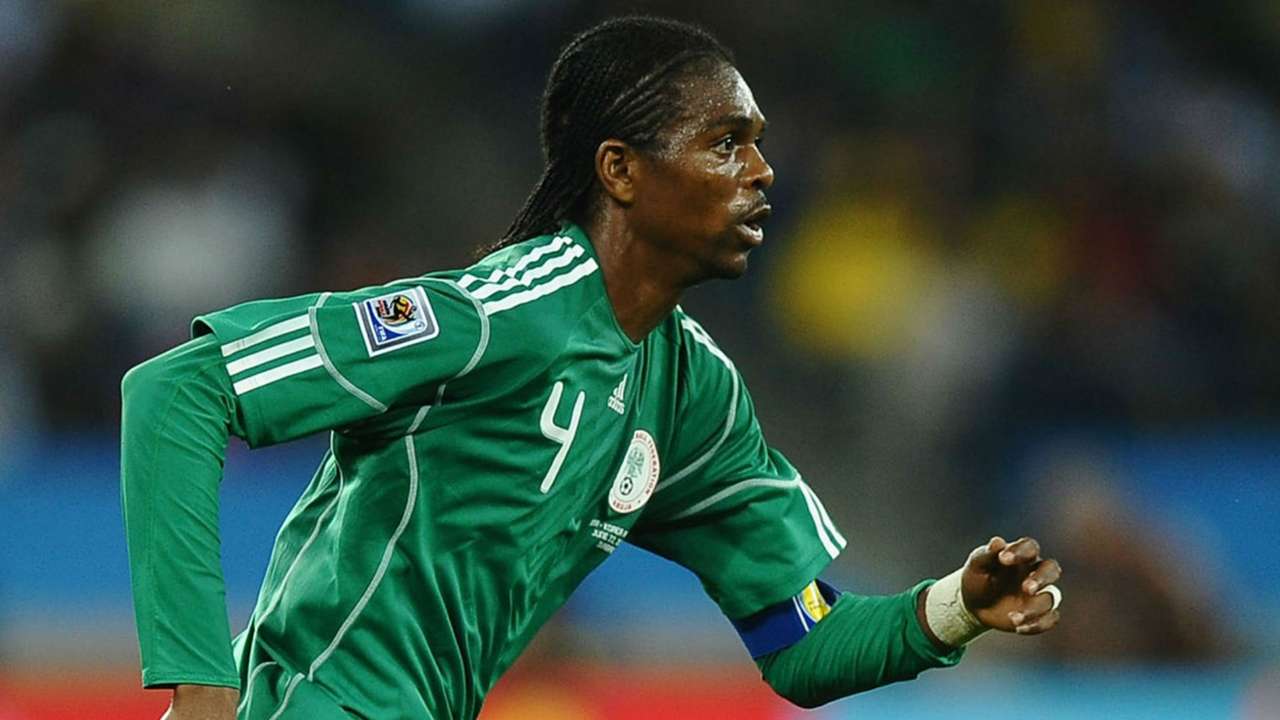 He won 86 caps and scored 13 goals for his country and was the joint most capped Nigerian player of all-time alongside Muda Lawal until Joseph Yobo surpassed both players in 2012.
He won 86 caps and scored 13 goals for his country and was the joint most capped Nigerian player of all-time alongside Muda Lawal until Joseph Yobo surpassed both players in 2012.
Kanu ended his international career on the 24th of June 2010, following Nigeria’s exit from the 2010 World Cup in South Africa.
Wife & Children
Kanu Nwankwo married his wife Amarachi in 2004 when she was just 18-years-old. The couple has three children together, two boys; Iyang Onyekachi Kanu and Sean Chukwudi Kanu, and then a girl.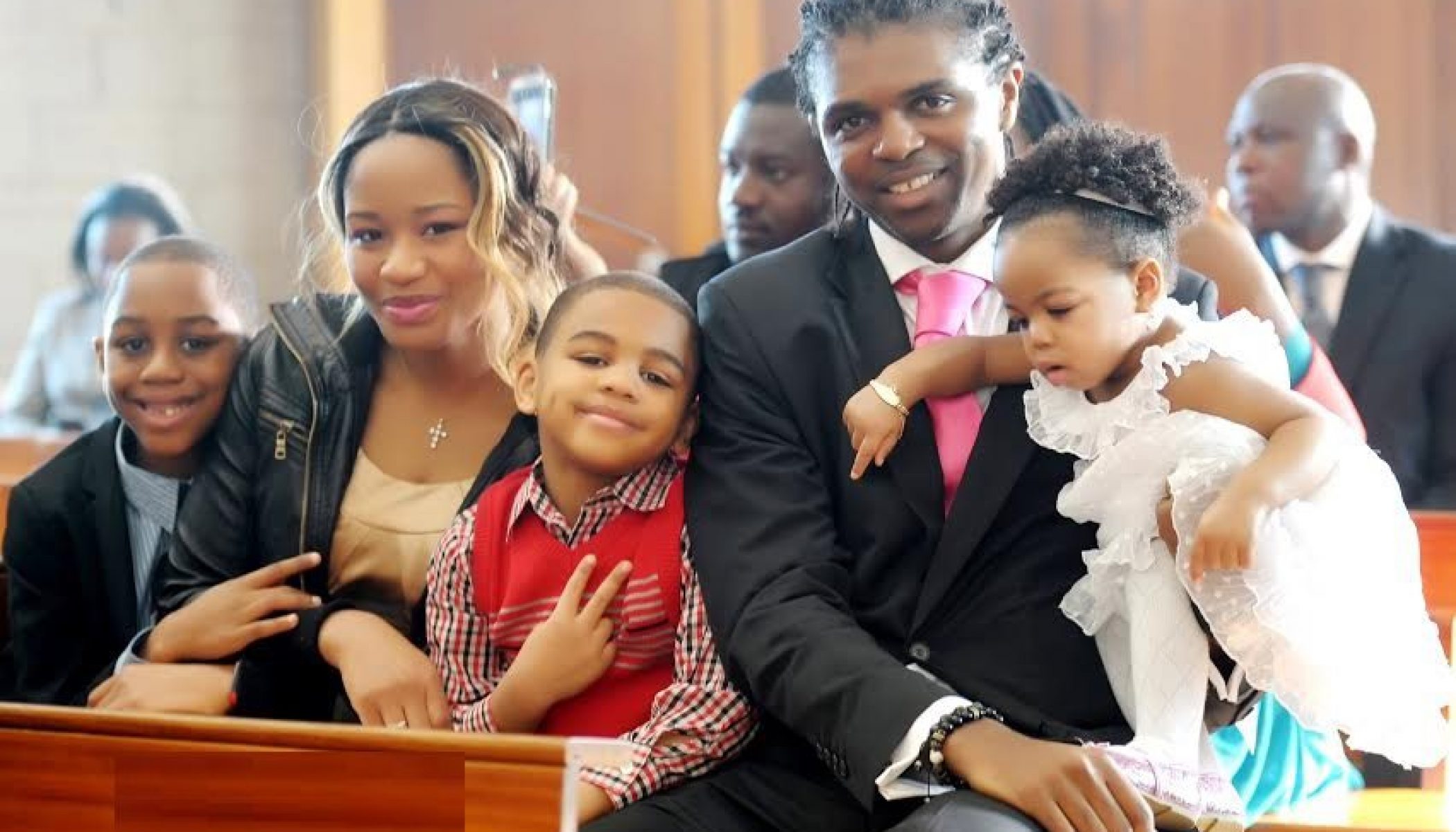
Kanu’s wife since getting married as a teenager has completed her education, first getting a first degree in Architecture, and then most recently an MBA.
International career
Kanu was a member of the Nigerian national team from 1994 to 2010, making his debut in a friendly against Sweden. Earlier on at the start of his career, Kanu was instrumental in Nigeria’s overall success at the 1993 FIFA U-17 tournament in Japan and their subsequent 2–1 victory over Ghana in the final.
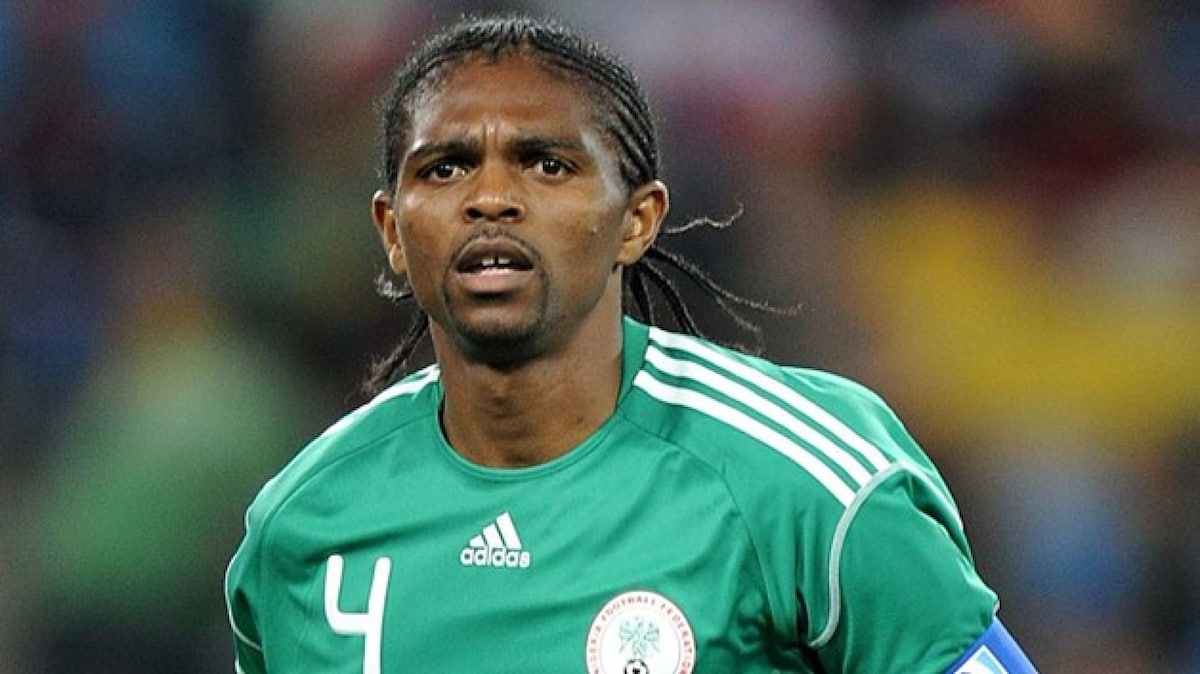 With five goals, he was second joint-scorer in the tournament with Peter Anosike and Manuel Neira, behind compatriot and Captain Wilson Oruma.
With five goals, he was second joint-scorer in the tournament with Peter Anosike and Manuel Neira, behind compatriot and Captain Wilson Oruma.
As well as winning the Olympic gold in the football event at 1996 Olympics in Atlanta, where he scored the winning goal in the 4–3 semi-final win over Brazil, his second goal of the match.
Kanu participated in the 1998 and 2002 FIFA World Cups. On 24 June 2010, Kanu ended his international career following Nigeria’s exit from the 2010 World Cup in South Africa. Nigeria lost their group matches against Argentina and Greece, before a 2–2 draw with South Korea ended their stay in the tournament.
He won 86 caps and scored 13 goals for his country and was the joint most capped Nigerian player of all-time alongside Muda Lawal, until Joseph Yobo surpassed both players in 2012, winning his 87th cap.
The Kanu heart foundation
In 2000, after recovering, Kanu founded the Kanu Heart Foundation, an organisation which goal is to help young African children suffering from heart diseases.
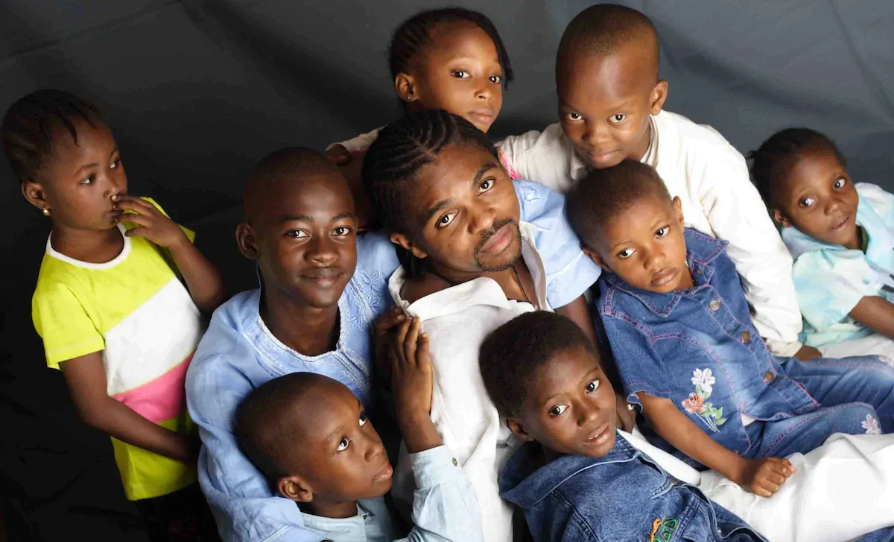 The Kanu Heart Foundation task is to provide aid to these children by offering cardiovascular procedures. Kanu, besides having a God-given talent, is strongly determined to help save underprivileged African children this way.
The Kanu Heart Foundation task is to provide aid to these children by offering cardiovascular procedures. Kanu, besides having a God-given talent, is strongly determined to help save underprivileged African children this way.
The football star once said:
“Having undergone series of heart operations successfully, I understand the plight of the heart victims and the importance of putting back smiles on their faces; and you too can do the same. Saving lives means more to me”.
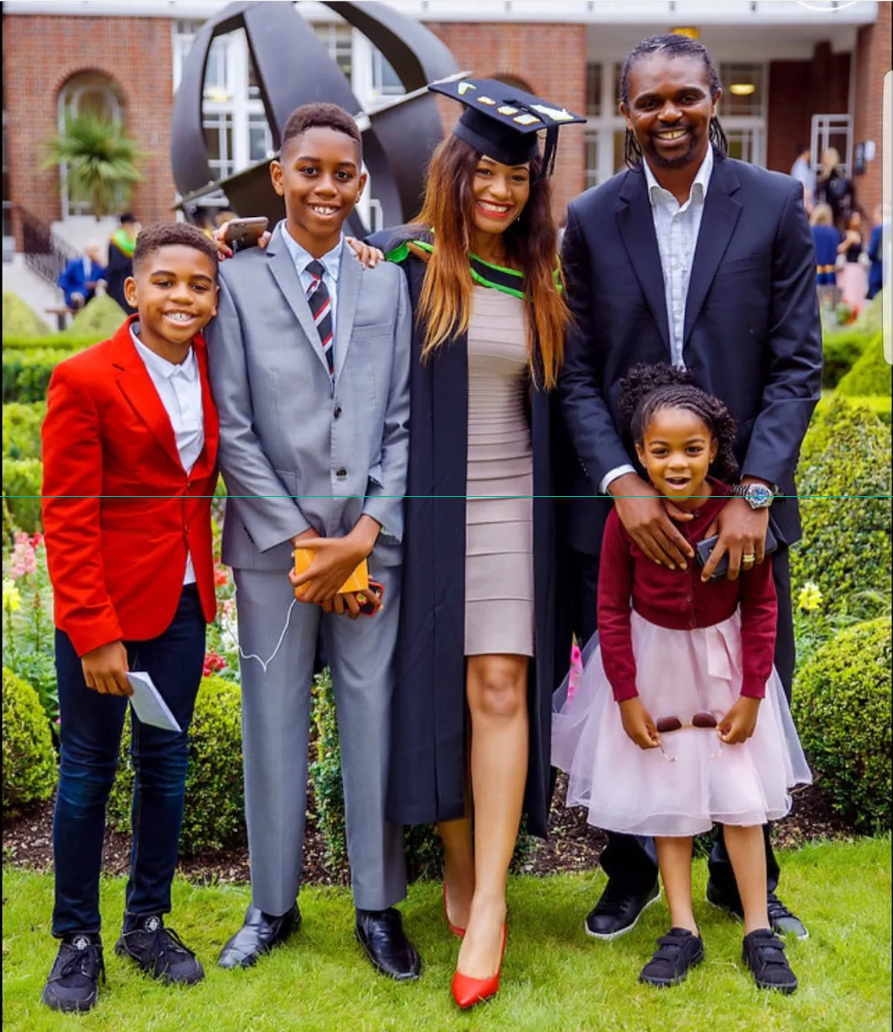
withinnigeria
Related
Post Disclaimer
The opinions, beliefs and viewpoints expressed by the author and forum participants on this website do not necessarily reflect the opinions, beliefs and viewpoints of Anaedo Online or official policies of the Anaedo Online.

